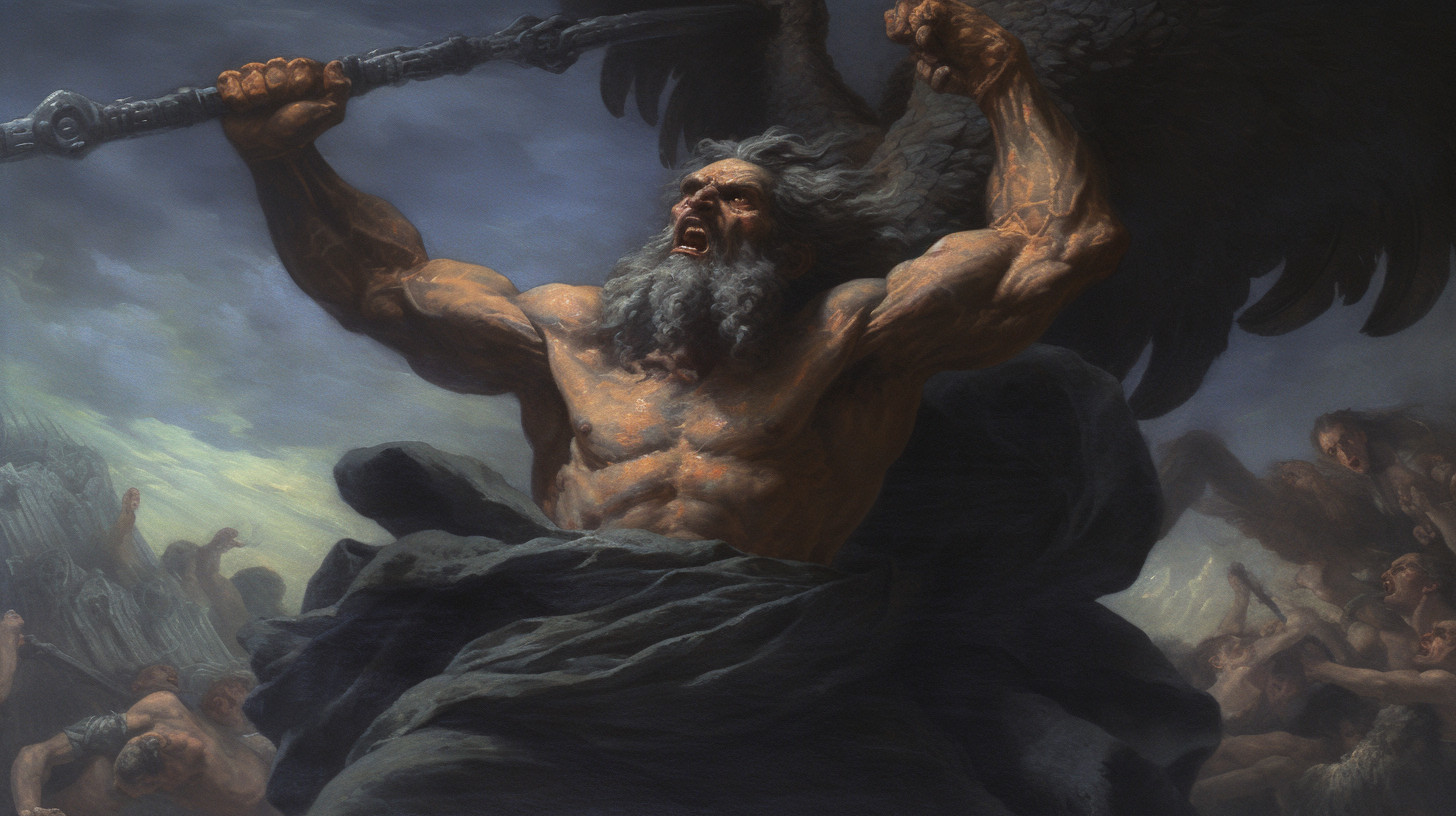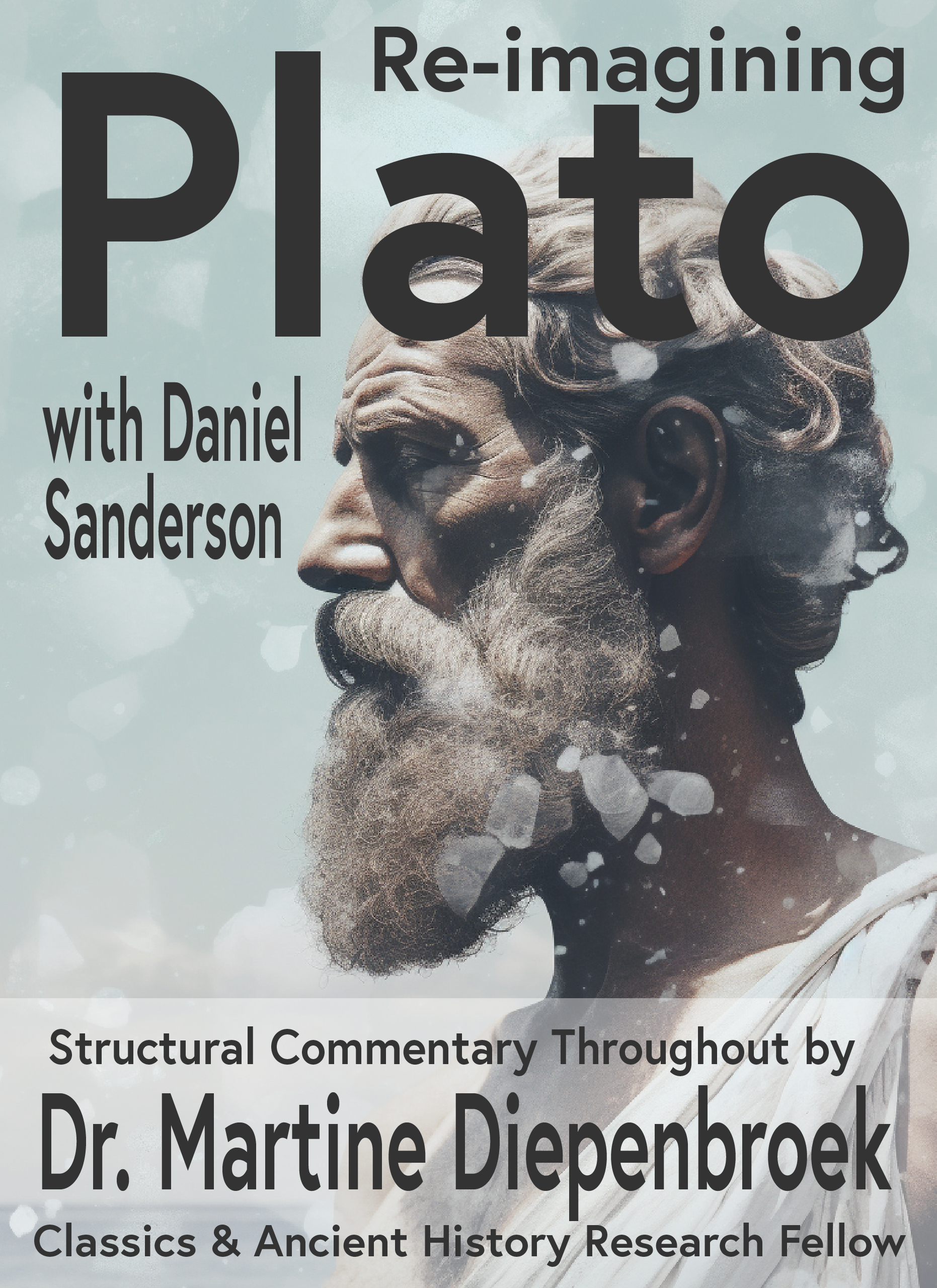The Myth of Prometheus: Rebellion, Power, and Human Progress
In the annals of Greek mythology, Prometheus stands as a revered symbol of rebellion, an archetype of the defiant hero who dares to challenge the gods to bestow the gift of fire upon humanity. Yet, beneath the veneer of this mythic narrative lies a complex web of assumptions that demand scrutiny. Through the prism of critical analysis, we shall unravel the myth of Prometheus, exposing its fallacies and revealing the limited scope of human progress.

The Perils of Rebellion:
Prometheus, in his defiance, epitomizes the perennial allure of rebellion against authority. However, we must question the notion that rebellion, in and of itself, is an inherent virtue. History bears witness to countless instances where rebellions have resulted in chaos, bloodshed, and the substitution of one form of tyranny for another. The French Revolution, for example, commenced with lofty ideals of freedom and equality, only to descend into a reign of terror, culminating in the rise of Napoleon Bonaparte. Such measures should caution us against unreflective praise of rebellion as an unequivocal force for progress.
The Limits of Power:
Prometheus's rebellion against the gods highlights the concept of power and its exercise. The gods, represented as supreme beings, are portrayed as oppressive tyrants, denying humanity the fruits of knowledge and enlightenment. However, this portrayal obscures the intricate dynamics of power itself. As a construct, power is not inherently evil or benevolent but rather an instrument that can be wielded for either purpose. The assumption that humans, once possessing divine knowledge, would exercise it solely for the betterment of society is naive. The historical record, replete with instances of power's corruption and misuse, attests to the fallacy of such romantic notions.

Human Progress: An Illusion:
The central tenet of the Prometheus myth is that the gift of fire to humanity represents a transformative moment in human history, a catalyst for progress and civilization. However, we must question the assumption that human progress is a relentless march forward. History reminds us of the cyclic nature of human endeavours, characterized by periods of advancement and regression. The Renaissance, often lauded as a pinnacle of human achievement, was followed by the dark shadows of religious fanaticism and the stifling dogmas of the Counter-Reformation. The myth of Prometheus fails to account for the ebb and flow of human history, the countless setbacks and failures that punctuate our collective journey.
The Tragedy of Hubris:
Prometheus's act of defiance stems from a sense of divine entitlement and a belief in the superiority of human knowledge. This hubris, a recurring theme in Greek mythology, serves as a cautionary tale against excessive pride and overreaching ambition. The myth highlights the dangers of unrestrained human aspirations, reminding us of the inherent limitations of our understanding and our propensity for self-destruction. In our acceptance of these limitations, we find the humility necessary for true intellectual and moral progress.

Conclusion:
The myth of Prometheus, with all its rebellious allure and promises of progress, is a seductive tale that captivates our imaginations. However, a closer examination reveals the fallacies inherent in its narrative. Rebellion, power, and human progress are complex phenomena that defy simplistic categorization. To embrace critical thinking is challenging conventional wisdom and confronting the uncomfortable truths beneath the surface. By acknowledging the perils of rebellion, the limits of power, and the cyclical nature of human progress, we can move beyond the myth of Prometheus and strive for a more nuanced understanding of the human condition. Only then can we embark on a path of genuine intellectual rigour and chart a course toward a more enlightened and compassionate society.

Plato Re-Imagined
This course includes 32 lectures covering most of Plato's dialogues and allowing the student to return to something divine. Divinity should resonate with secular and religious leaders alike. I present a compatible approach in my lecture on Consilience.
Also included with this course is a free book. If you pay for the course, you will get a physical copy of the book for free, mailed to your chosen address — anywhere on the planet!






